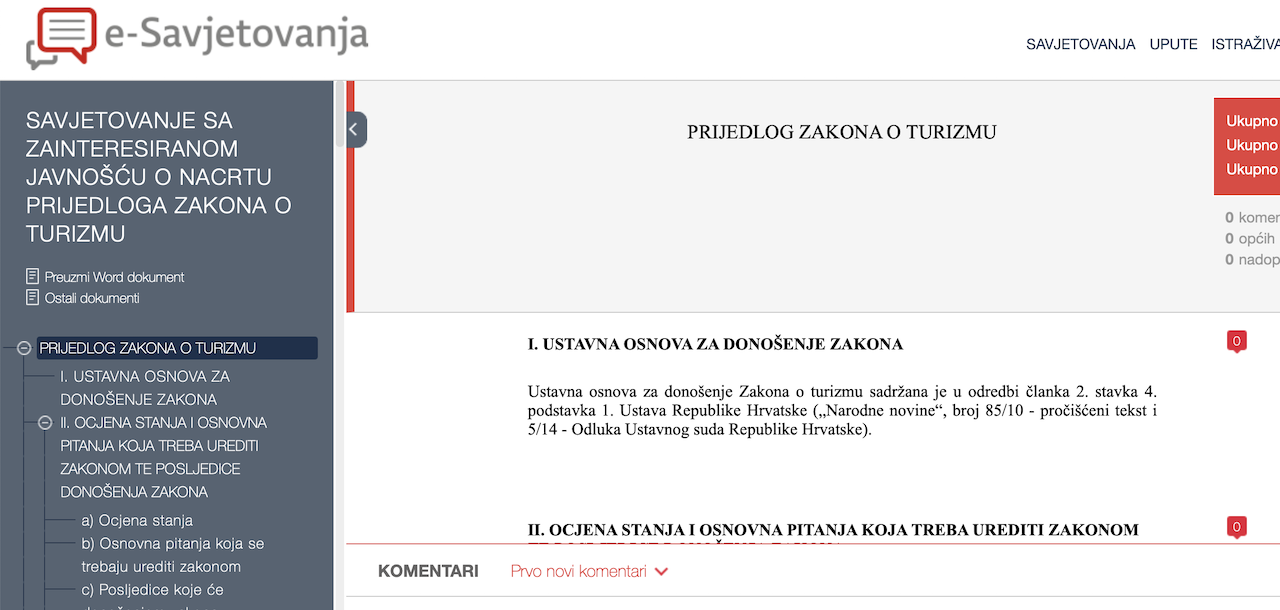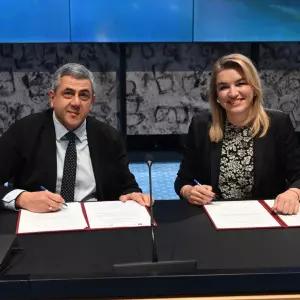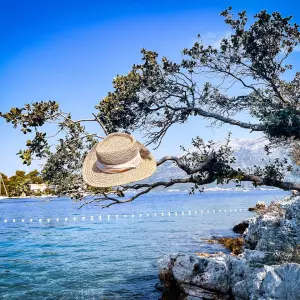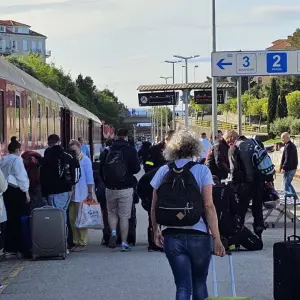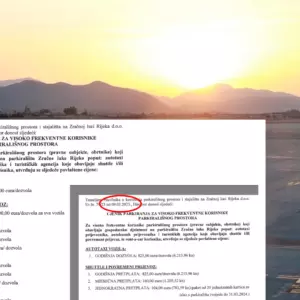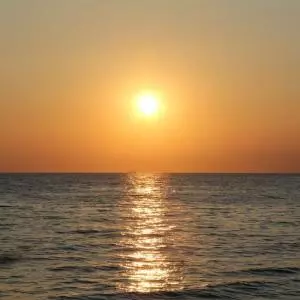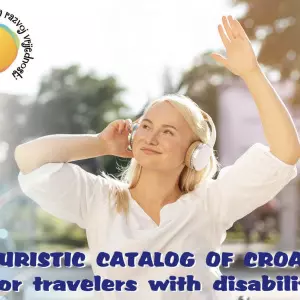The Ministry of Sports and Tourism ( MINTS ) has released the eConsultation for public discussion through the portal Law on Tourism. The public hearing is open from today (26/07) and lasts for one month, i.e. until August 26, 2023.
The Tourism Act regulates the tourism system, management of tourism development in the direction of sustainability, ensuring sustainability, system of data collection, monitoring and analysis, destination management system, system of encouragement, monitoring and analysis of investments in tourism.
Destinations, activities, services in tourism and sectors are defined in the part that regulates the tourism system. In relation to activities and the provision of services in tourism, they are defined, and in relation to the performance of the aforementioned activities and services, reference is made to the provisions of the special regulations of the Act on Catering Activities ("Official Gazette" No. 85/15, 121/16, 99/18, 25/ 19, 98/19, 32/20, 42/20 and 126/21) and the Act on the provision of services in tourism ("Official Gazette" number 130/17, 25/19, 98/19, 42/20 and 70/21 ).
The law defines the institutional framework for management of tourism development – The Ministry as the bearer of tourism policy, the Council for the Management of Tourism Development, the system of tourist boards and the Scientific and Expert Council.
It is established by the Law on Tourism Tourism Development Management Council headed by the Prime Minister of the Republic of Croatia, and consisting of him ministers of all departments important for tourism. The Council is established for the purpose of achieving strategic goals and more effective planning and implementation of tourism policies. The presidents of national associations of municipalities, cities and counties and the director of the Croatian Tourist Board are also members, and if necessary, representatives of other state authorities, units of local and regional (regional) self-government, public companies and institutions, chambers and other stakeholders can attend the sessions of the Council. tourism system. The Council is appointed by a decision of the Government of the Republic of Croatia, and meets at least once a year.
The tasks of the Council are related to cooperation in the field of implementation of tourism policies, coordination with other policies and interdepartmental cooperation.
It is also defined Scientific and professional advice established by the minister by decision as an advisory body. The scientific and professional council consists of representatives of the academic community, representatives of professional associations and guilds, representatives of social partners, employers' associations, chambers and scientific institutes, and if necessary, at the invitation of the minister, other persons can participate in the work of the scientific and professional council.

